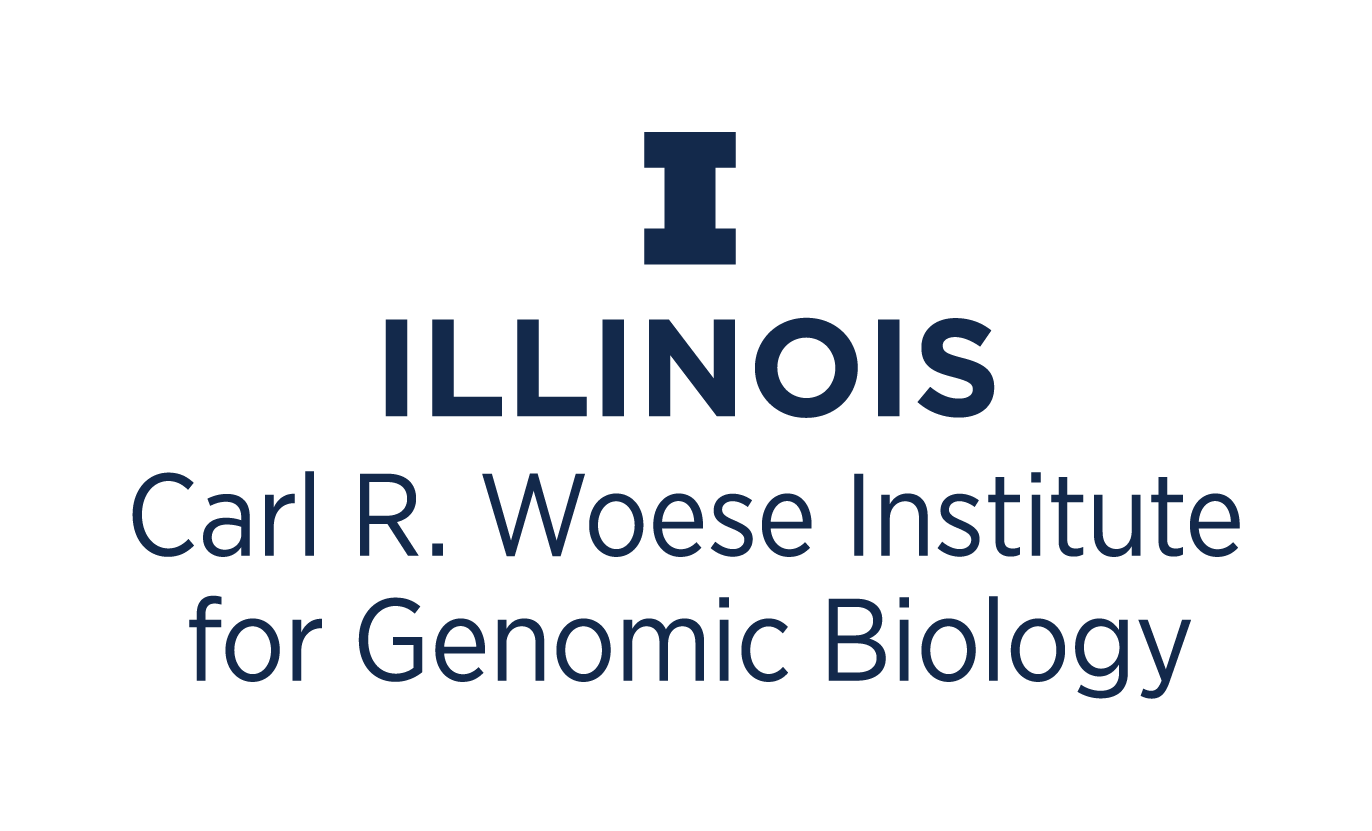By: Dave Evensen
There’s plenty of sweet irony in a new partnership between Illinois and St. Louis-based Anheuser-Busch, LLC, that will raise money for bee research at the university.
Anheuser-Busch has pledged $5,000 to The Healthy Bee Fund at Illinois. In addition, the company will donate $1 to the fund for every case sold of b, a new alcoholic honey beverage scheduled to go on sale in the Northeast U.S. in March.
The irony? Alcoholic beverages might have never been invented in the first place if not for bees, according to scientists at Illinois. May Berenbaum, head of the Department of Entomology, said very likely the first fermented beverage invented by humans was mead, a fermented honey wine.
“No one knew for ages where yeasts go in the winter, because they can’t fly or move around on their own, yet they’re susceptible to cold weather, and there isn’t a supply of fruits on which to grow,” Berenbaum added. “It turns out that queens of social wasps like fermented fruit, they gobble it up, and as they overwinter, the yeasts survive in the guts of the queens. Like social wasps, bees also harbor yeasts in their bodies.”
It’s appropriate, then, that Anheuser-Busch’s new honey beverage will come as a significant boost to bee research at Illinois, where scientists are leading vital research into the threats facing bees across the world.
Berenbaum said that it’s too early to know exactly how much will be raised for research by the partnership, but she said it could potentially fund summer assistantships for students, who are essential to collecting data on bees during the critical warm weather months when most bee research is conducted.
“We have a long track record in trying to figure out what the problems are that bees face and how to fix them,” Berenbaum said. “So this is a wonderful partnership.”
Research on the plight of the western honey bee is as important as ever, with a variety of stress factors endangering the industrious pollinators. Parasites, pathogens, drought, land use changes, and poor nutrition have been identified as contributing to decline in populations of honey bees as well as wild bees, which can potentially compromise efficient production of many fruits, vegetables, nuts, coffee, tea, and other foods and beverages.
Berenbaum said that U of I, with its own apiaries and access to many square miles of flowering plants, is an ideal site for bee research, which requires repeated, statistically robust experiments on multiple colonies each of which comprises tens of thousands of bees.
Over the years, Illinois has been home to many discoveries regarding these sophisticated creatures. For example, Gene Robinson, professor of entomology and director of the Carl R. Woese Institute for Genomic Biology, spearheaded the honey bee genome sequencing project completed in 2006, just prior to the first reports of colony collapse disorder. The project has provided valuable insight into the threats facing honey bees.
In 2018, Illinois was named a Bee Campus USA. Illinois is also widely known for its educational outreach programs regarding bees and other pollinators. In 2009, the university opened the Pollinatarium, created by Robinson and Berenbaum as the first free-standing science center in the nation devoted to pollinators. Click the following link to learn more about The Healthy Bee Fund.
By: Dave Evensen
Photos By: Claudia Lutz

